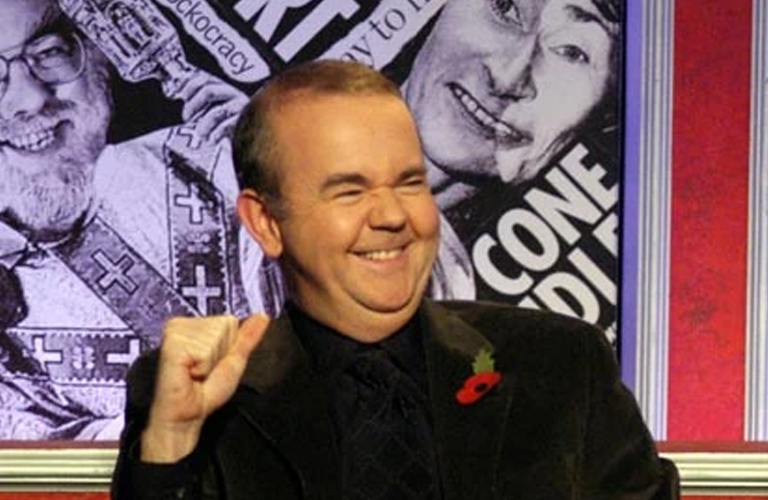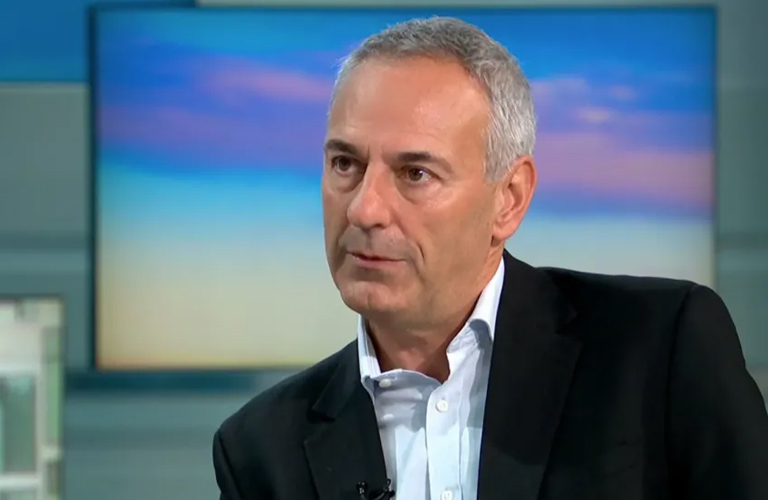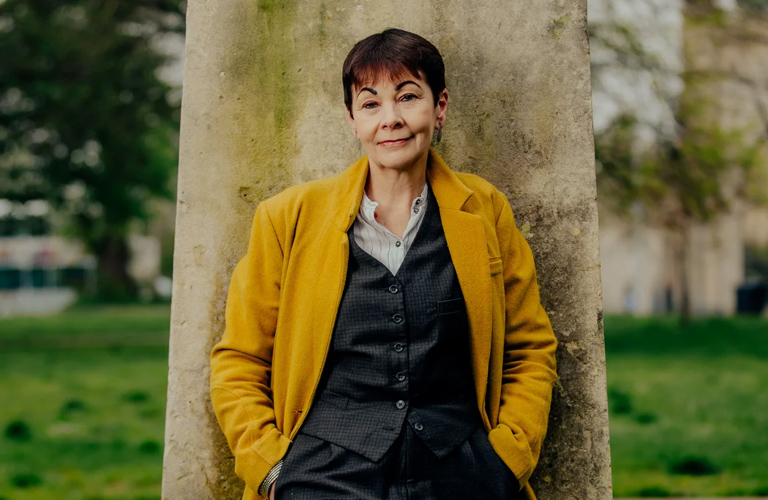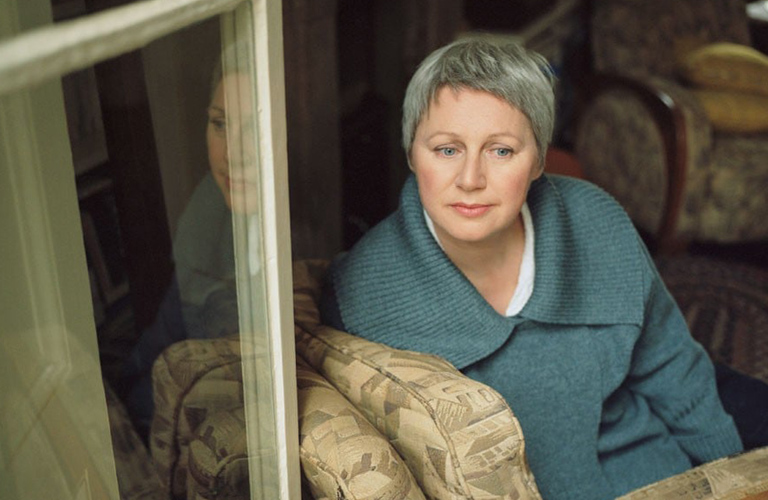
Thru’ The Black Mirror
Charlie Brooker has spent his career holding up a magnifying glass to modern life — and often, what he shows us is equal parts hilarious and terrifying. Born in 1971 in Reading, he started out in journalism, writing for magazines like PC Zone, where his sharp wit and playful irreverence quickly became his signature.
Brooker’s breakthrough came in television, where his unique style of satirical commentary took shape. His series Screenwipe became a cult hit, dissecting the tricks of television with a mixture of cynicism and glee. This was followed by Newswipe and Weekly Wipe, where he brought the same forensic humour to current events. His ability to puncture pomposity, expose absurdity, and make audiences laugh even as they winced became his calling card.
But Brooker’s legacy extends far beyond satire. In 2011, he launched Black Mirror, the anthology series that redefined dystopian television for a new age. Each episode was a standalone exploration of technology, society, and human nature, often chilling, always thought-provoking. What began as a Channel 4 experiment soon became a global phenomenon on Netflix, winning multiple Emmys and sparking debates around the world. “Black Mirror” has become shorthand for our collective anxieties about the digital age — a testament to Brooker’s ability to tap into the zeitgeist with uncanny precision.
Alongside his darker work, Brooker has shown his lighter side, too. His annual Wipe specials, full of absurd sketches and biting commentary, became a festive tradition for many viewers. His collaborative work with his wife, Konnie Huq, and his dabbling in comedy projects with the likes of Diane Morgan (#16 on our countdown) show the breadth of his talents.
At his core, Charlie Brooker is a satirist with a moral streak. He skewers modern life not just to make us laugh, but to make us think. His career demonstrates the power of humour to challenge, unsettle, and enlighten. From gaming columns to global television triumphs, he has shown that wit, when sharpened with intelligence, can truly change the conversation.























